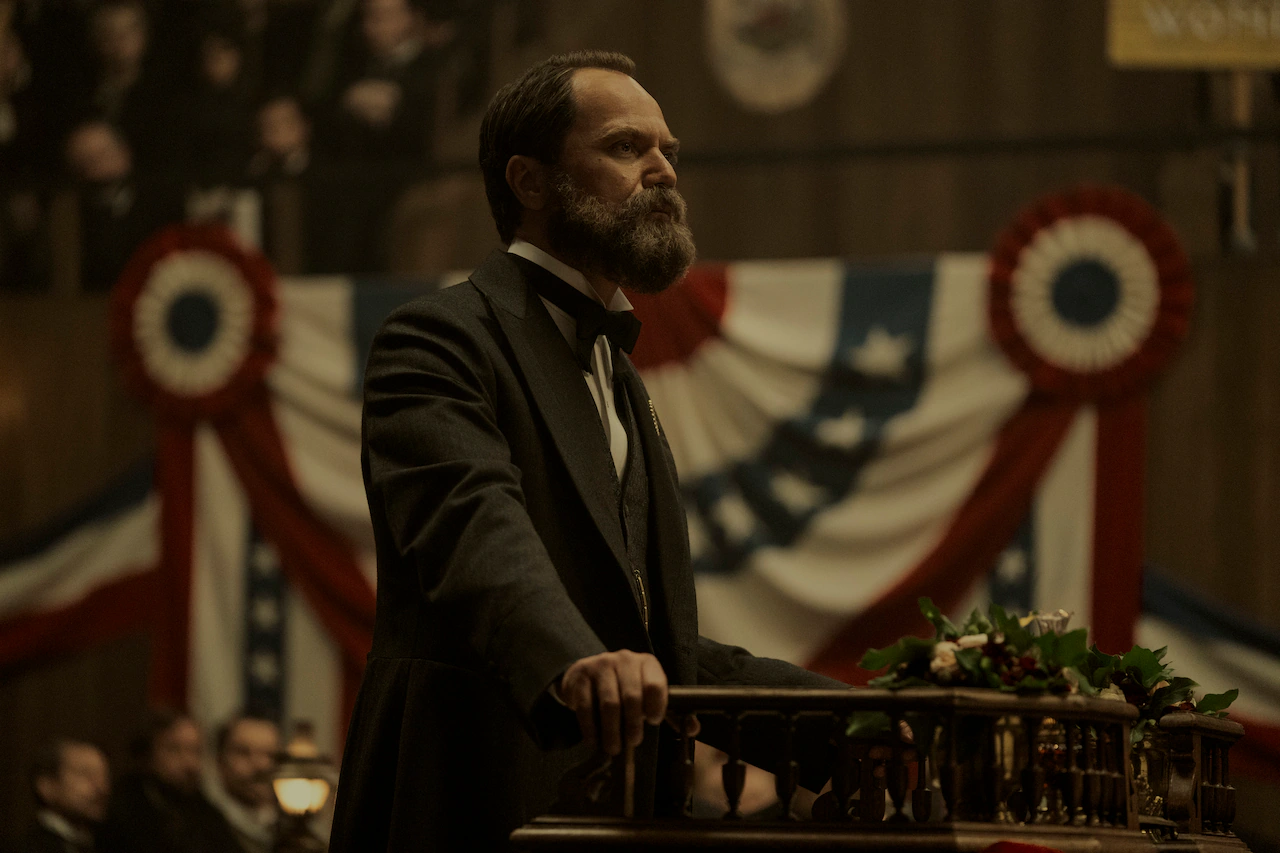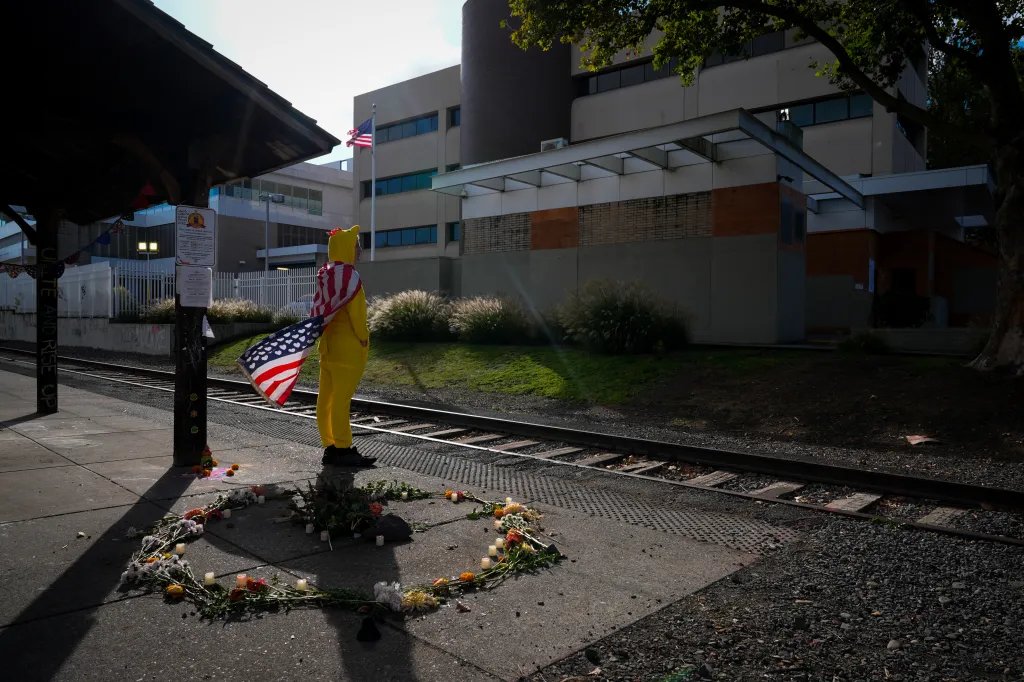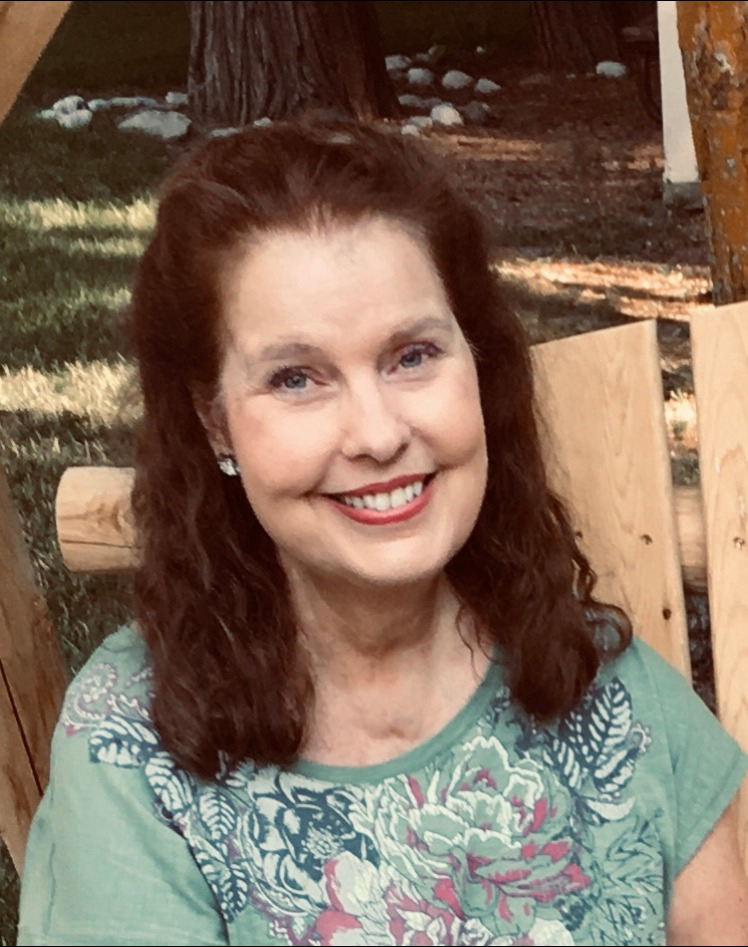Copyright cleveland.com

CLEVELAND, Ohio -- A calming voice through the political din is how author Candice Millard describes the life of President James Garfield, who was shot 100 days into his presidency. Based on the Lexington, Ohio native’s 2011 novel “Destiny of the Republic: A Tale of Madness, Medicine and the Murder of a President,” Netflix is delving into the 20th US president’s story with “Death by Lightning.” The four-episode limited drama series premieres Friday (Nov. 6) and stars Michael Shannon, Matthew Macfadyen, Betty Gilpin, Nick Offerman and Shea Whigham. A Cuyahoga County native, Garfield was president of Hiram College (formerly called the Western Reserve Eclectic Institute) before going into politics. Later, his Mentor home -- known as Lawnfield -- became the site of the nation’s first front porch presidential campaign. Sadly, Garfield died from assassin Charles Guiteau’s bullets two months after being shot. We recently chatted with the author about visiting Mentor’s James A. Garfield National Historic Site, the star-studded “Death by Lightning” and Gilded Age parallels to modern-day politics. Hello, Candice. Congrats on the new series. How did growing up just outside of Mansfield inform your interest in history? One of the great things about Ohio is we have so many astronauts, so many presidents and so many great small colleges. You’re absolutely surrounded by history, and I’m sure that did shape me. My whole family were big readers. We spent a lot of time at the library, so all of that kind of brought me to where I am today. Of the four books you’ve authored, where does “Destiny of the Republic” fall? Anytime people ask me what’s your favorite of the books you’ve written, I say this one. Ever since I started working on the book, I really came to care about James Garfield. You approach each book with objectivity as a writer of history. And I didn’t know very much about Garfield when I started, but the more I learned about him, I was so struck not just by his brilliance and his sort of progressive stance as a president but just his decency. He was just a good person. He was kind, he tried to do the right thing and I really respected that. Even though it’s been more than a decade and a half since you conducted research for “Destiny of the Republic,” what do you remember about visiting Northeast Ohio? I did research at Hiram, the Western Reserve archives and I went to the Garfield’s house several times. One of the things that I loved most was the Garfield house, which -- from what I remember -- 80% of it is original to when Garfield lived there. You really get a sense of who he was because it’s the place that he loved to be. If he had a choice, he would be there and not in the swamp in Washington. He loved farming. He loved being with his children and you just really get a sense of his own love of reading, writing and learning. Garfield’s house was technically the first presidential library. His family had very little money, so as he was dying, the country put together a fund for Lucretia, his widow. She used part of that money to build a library onto the house. His papers are mostly at the Library of Congress now, but they have things like the funeral wreath that Queen Victoria sent. I hope everybody has a chance to visit it one day. As author of the source material, what concerns, if any, did you have about Hollywood telling the story? Mike Makowsky, the creator and screenwriter, reached out to me six years ago. He was so smart, so passionate and so young to be so interested in this story about a Gilded Age president. So I just really liked him and I trusted him. I knew that he would take some creative license, and I was fine with that, but the thing I cared about was keeping Garfield’s character intact. And he absolutely did that. He does such a great job with all the characters. I was astonished by the cast of world-class actors and the whole team around it. You couldn’t ask for better. I’ve been very spoiled by this experience. What did you learn about Garfield’s killer, Charles Guiteau, who invariably was a crazed assassin archetype with a hint of narcissism? Absolutely. To some degree, Guiteau’s story is heartbreaking. He was mentally ill. His family tried to get him help, tried to have him institutionalized, but at that time, you could just disappear and nobody could find you. So he should have been protected from himself. Certainly, he should never have been anywhere near the president of the United States. He was just a character. This man, who just shot a president in a very public place and immediately is captured and taken to prison, tells himself and everybody else that he’s only being taken to prison for his own safety. It’s not because he just shot the president. He said that he was happier at that time than at any other in his life because he was getting this attention. He expected to be inundated with marriage proposals. So it’s absolutely a part of the story because that was his particular brand of madness. It was delusion, and it had been from a very young age for him. Finally, what parallels to modern politics do you see in Garfield’s story? What we could use today are people who treat others with respect, actually listen to them, and can take their own egos out of it. One of my favorite things that Garfield ever said is he described himself as a “poor hater.” His friends used to say. “This journalist said this about you, didn’t that make you mad? Or this other politician, he attacked you on the floor of Congress. How can you possibly talk to them and treat them with respect after that?” He would shrug and say, “I’m a poor hater.” If we could have that today, especially in people with power, how that would transform this tension-filled time we’re experiencing now. Certainly, in Garfield’s time, politics were absolutely vicious, so it doesn’t change, but if you could have somebody like Garfield in a position of real power, who was a poor hater, that would be incredibly healing for the whole country and really help us move forward.



